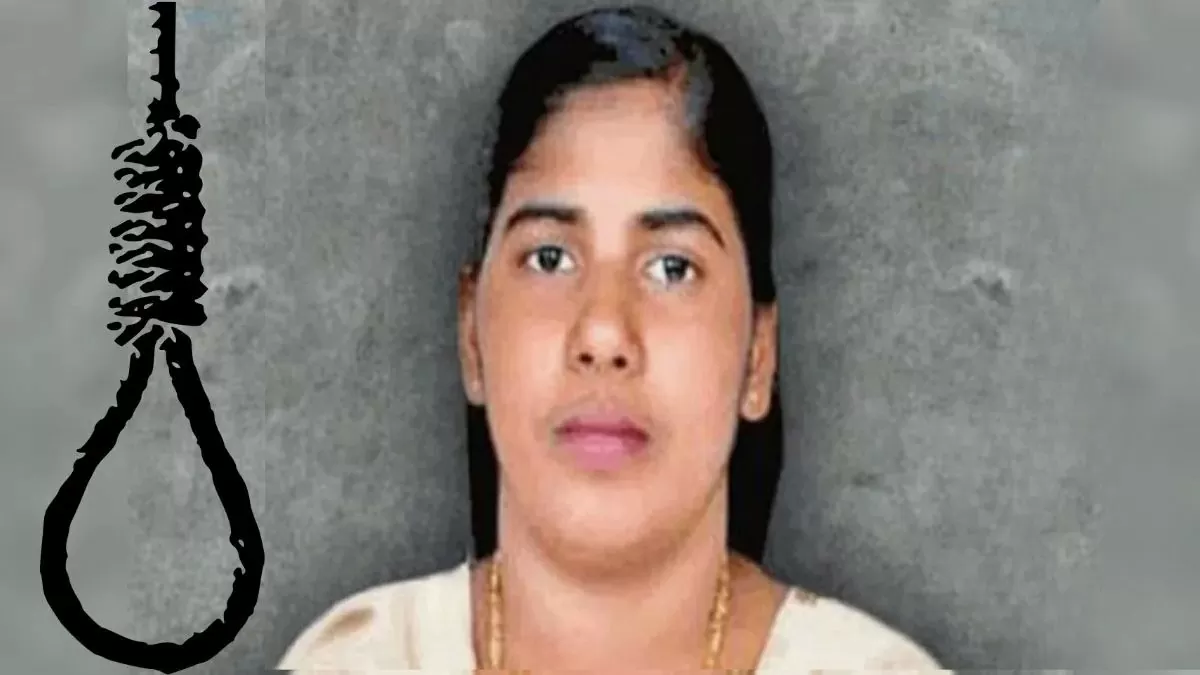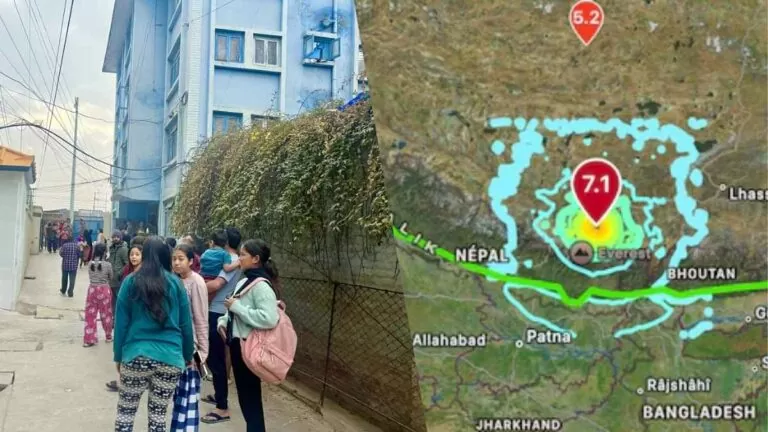Kerala’s Nimisha Priya: Death Sentence in Yemen, India Responds
Nimisha Priya, an Indian nurse hailing from Kerala, has become the center of international attention following Yemen President Rashad al-Alimi’s approval of her death sentence. Since 2017, Priya has been detained in a Yemeni prison for the alleged murder of a local citizen, a case that has raised complex questions about justice, diplomacy, and cultural nuances. As her execution looms within the next month, India has pledged full support in her defense, with efforts from both government agencies and grassroots movements intensifying.
The Case Against Nimisha Priya
In 2017, Nimisha Priya was found guilty of killing Talal Abdo Mahdi, a Yemeni national, in a tragic sequence of events that began with a dispute over her passport. Having moved to Yemen in 2011 to work and later establish a medical clinic, Priya partnered with Mahdi due to Yemen’s legal requirement that foreign nationals have local partners for such ventures. However, this partnership reportedly turned abusive, with Mahdi seizing her passport and allegedly forging documents to claim he was her husband.
In July 2017, Priya attempted to retrieve her passport by sedating Mahdi. Unfortunately, the sedative proved fatal, leading to charges of murder. In 2018, she was sentenced to death by a Yemeni court. Appeals to Yemen’s higher judicial bodies failed, and with President al-Alimi’s recent approval, Priya’s only chance of reprieve lies in securing forgiveness from Mahdi’s family under Yemen’s “blood money” system.

Efforts to Save Nurse Nimisha
The Indian government has expressed its concerns over the situation, with Ministry of External Affairs (MEA) spokesperson Randhir Jaiswal stating that all possible options are being explored. Priya’s family, led by her mother, Prema Kumari, has also been fighting tirelessly to save her. Kumari travelled to Sana’a in 2022 to negotiate with Mahdi’s family, seeking to leverage Yemen’s traditional system of pardoning convicted individuals in exchange for financial compensation.
Our response to media queries regarding the case of Ms. Nimisha Priya:https://t.co/DlviLboqKG pic.twitter.com/tSgBlmitCy
— Randhir Jaiswal (@MEAIndia) December 31, 2024
However, the process of securing blood money has encountered numerous obstacles. Disagreements over legal fees have complicated the situation. While the MEA provided $19,871 to the appointed lawyer, Abdullah Ameer, additional financial demands and concerns over fund transparency hindered further negotiations. In parallel, organizations such as the Save Nimisha Priya International Action Council have sought public support, raising funds through crowdfunding initiatives.
Who Is Nimisha Priya?
Nimisha Priya is more than a name in a courtroom drama. She is a trained nurse, a mother, and a victim of circumstances that spiral out of control. In 2011, Priya moved to Yemen to build a better future. She later established a medical clinic in Sana’a with Mahdi’s help, but the relationship soured amid allegations of harassment, financial extortion, and abuse. Her legal team argues that her actions in 2017 were a desperate attempt to escape years of mistreatment.
Priya’s case also highlights the vulnerabilities of migrant workers in foreign lands. Despite her attempts to seek police intervention, local law enforcement allegedly disregarded her pleas, further exacerbating her predicament. This history of systemic failure has become a key argument in calls for her release.
Diplomatic and Social Interventions
India’s intervention in Nimisha Priya’s case underscores the complexities of navigating foreign legal systems. Diplomacy plays a crucial role, and Indian authorities have been actively working with Yemeni officials and tribal leaders to explore avenues for clemency. Prime Minister Narendra Modi’s government has reportedly stepped up behind-the-scenes efforts, appealing to Yemen on humanitarian grounds.
Simultaneously, grassroots organizations in India and abroad continue to rally for Priya. The Save Nimisha Priya campaign has gained significant traction, bringing attention to her plight and raising much-needed funds. Activists argue that her actions, while regrettable, do not warrant the death penalty, calling for leniency given her history of abuse and the unintended nature of the incident.
The Path Forward
Time is running out for Nimisha Priya. The execution timeline, reportedly set within a month, adds urgency to the ongoing efforts. While legal, diplomatic, and financial barriers remain, her case has also become a symbol of resilience and hope. It has reignited debates on international justice and the challenges faced by expatriates, particularly women, in hostile environments.
As of now, Priya’s fate lies in the hands of Yemen’s justice system and the willingness of Mahdi’s family to accept blood money. The MEA’s assurance of continued support offers some hope, but the road ahead is fraught with uncertainty.
Conclusion
The story of Nimisha Priya is both a cautionary tale and a beacon of resilience. It shines a light on the plight of those entangled in foreign legal disputes, the power of community action, and the importance of diplomatic intervention. As the countdown continues, her case reminds the world of the profound human stakes in matters of justice and mercy.








